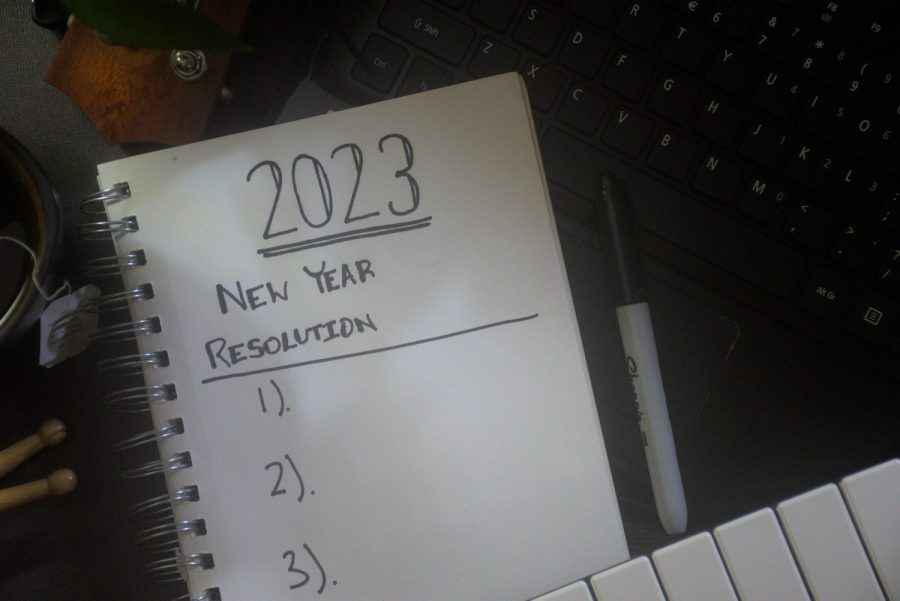Opinion | Why 80 percent of people will fail their New Year’s resolution
The concept of a New Year’s resolution is inherently flawed.
January 25, 2023
As we approach February, most people who set out on their New Year’s resolutions have already failed.
According to research done by Forbes, New Year’s resolutions carry a 80 percent failure rate. While it’s always noble to seek self-improvement, that should not be reserved for the arbitrary date that begins a new year. Every day is an opportunity to fulfill self-improvement goals.
If you’re part of the 80 percent who have lost sight of their New Year’s resolution as February rolls around, don’t give up and say I’ll try again next year.
New Year’s resolutions have been a popular concept, going back all the way to the ancient Babylonians. This included making promises to their gods pay their debts and return any objects they had borrowed in the previous year. It was said if Babylonians kept their promises, their gods would favor them in the new year.
As far as our modern incarnation of the concept, the language around New Year’s resolution appeared more regularly in the 19th century. A Boston newspaper published an article titled “The Friday Lecture” in 1813, stated:
“I believe there are multitudes of people…who will sin all the month of December, with a serious determination of beginning the new year with new resolutions and new behavior.”
New Years is not the only time for new resolutions or behaviors.
I can attest to failing in goals I set out for myself, including academic expectations that are too unrealistic for myself. This is something I eventually realized was not worth the hassle and instead chose to focus on my own well-being while doing the best I can academically.
I began working on school and academia when I was able to, while sectioning off other blocks of time to other aspects like socializing or exercising. While I failed to get straight A’s, I never failed unrealistic goals I set out for myself.
Therefore, I believe the 80 percent of people fail their New Year’s resolutions by February. New Year’s reasonable are set too high for reasonable means of achievement.
The new year is not the only time when we can set to out better ourselves. Instead of waiting till Jan.1 to improve oneself, everyday should be used as an opportunity for self-reflection and self-improvement.
Whenever someone wakes up in the morning, they should look at the start of a new day as a chance to make improvements immediately. The Scientific American suggest that focusing on our weaknesses is a flawed manner to go about life; why not build on what we actually know how to do and consider our strengths?
Another approach people can take to improve their lives each day is to take on more productive or healthy habits. Yoga, meditation, or exercising, among others are easy steps one can make to better themselves every day.
New Year’s resolutions fail so often because they are viewed and treated in a flawed manner. Every day could be seen as a chance to fulfill a goal.
Columns reflect the opinions of the authors and are not necessarily those of the Editorial Board, The Daily Iowan, or other organizations in which the author may be involved.














